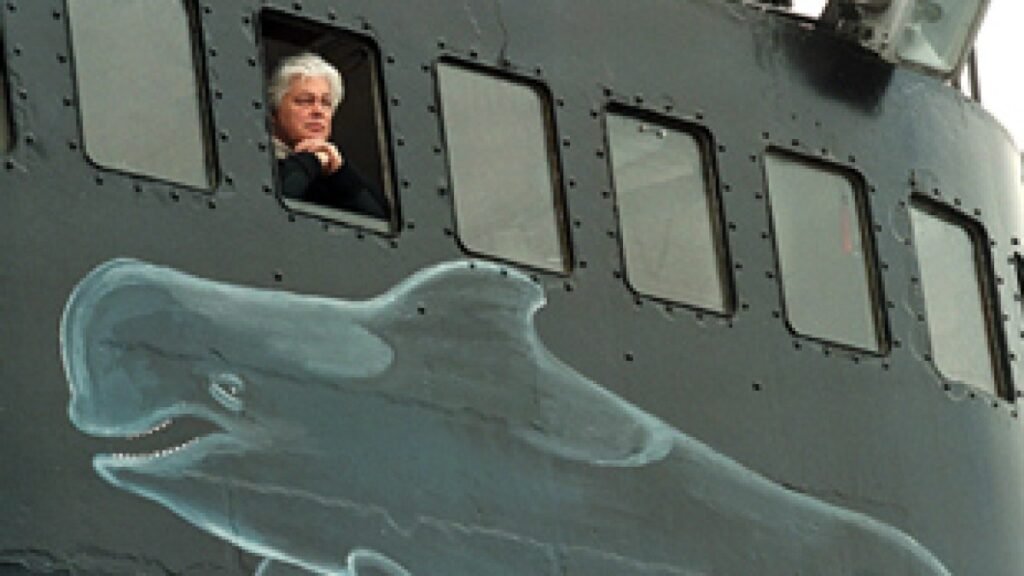Copenhagen rejects Japan’s extradition request over a 2010 incident with a Japanese whaling ship in Antarctica.
Anti-whaling activist Paul Watson has been released from a prison in Greenland and will not be extradited to Japan, the Danish Justice Ministry said.
Japan had asked Denmark to extradite Watson, who has been detained in Greenland since his arrest in July. Greenland is an autonomous region of Denmark.
Peter Hummelgaard, Denmark’s justice minister, said Tuesday that he had not received sufficient assurances from the Japanese government that Watson’s five months in prison would count toward a future sentence.
Watson was arrested in Nuuk, the capital of Greenland, on July 21st by police officers refueling a ship. Local police acted on the basis of an Interpol Red Notice issued by Japan.
Tokyo charged Watson with conspiracy to commit trespassing, disrupting a business and damaging a Japanese whaling ship in Antarctica in 2010.
The charge, which included assaulting a crew member, carried a prison sentence of up to 15 years.
“Good to be outside”
Watson, a pioneer behind the founding of Greenpeace and former head of the Sea Shepherd Conservation Society, has spent decades trying to thwart whalers on the high seas.
His well-documented confrontations with whaling ships have garnered the support of numerous celebrities.
Watson has denied the Japanese government’s allegations.
“After five months, it’s nice to be out and… good to see that they’re not sending me to Japan and I can go home for Christmas,” Watson said in a video posted by his foundation on social media after his meeting release published.
“The only hard thing was that I haven’t seen my two little boys since June,” he added.
“We are happy and relieved that Paul Watson is now free,” said his lawyer Jonas Christoffersen.
“I guess he’ll get some lunch or breakfast as a free man and then find a way to get back home.”
Watson, a Canadian-American citizen, was previously detained in Germany in 2012 on an extradition warrant from Costa Rica, but waived bail after learning that Japan was also seeking extradition against him.
Since then he has lived in France and the United States, among other places.
Japan withdrew from the International Whaling Commission in 2019 and has since rejoined commercial whaling within its maritime exclusive economic zone.
Japan says whale meat is part of its food culture and it supports the sustainable use of whales.




